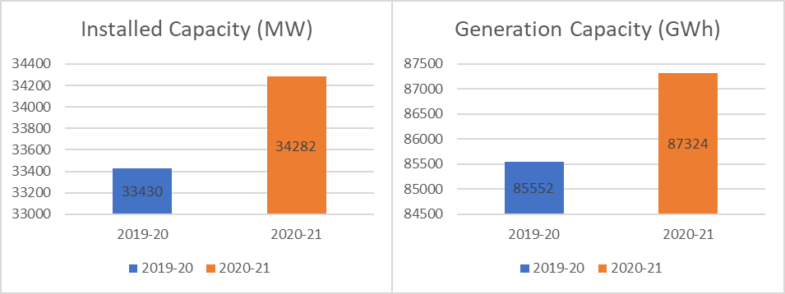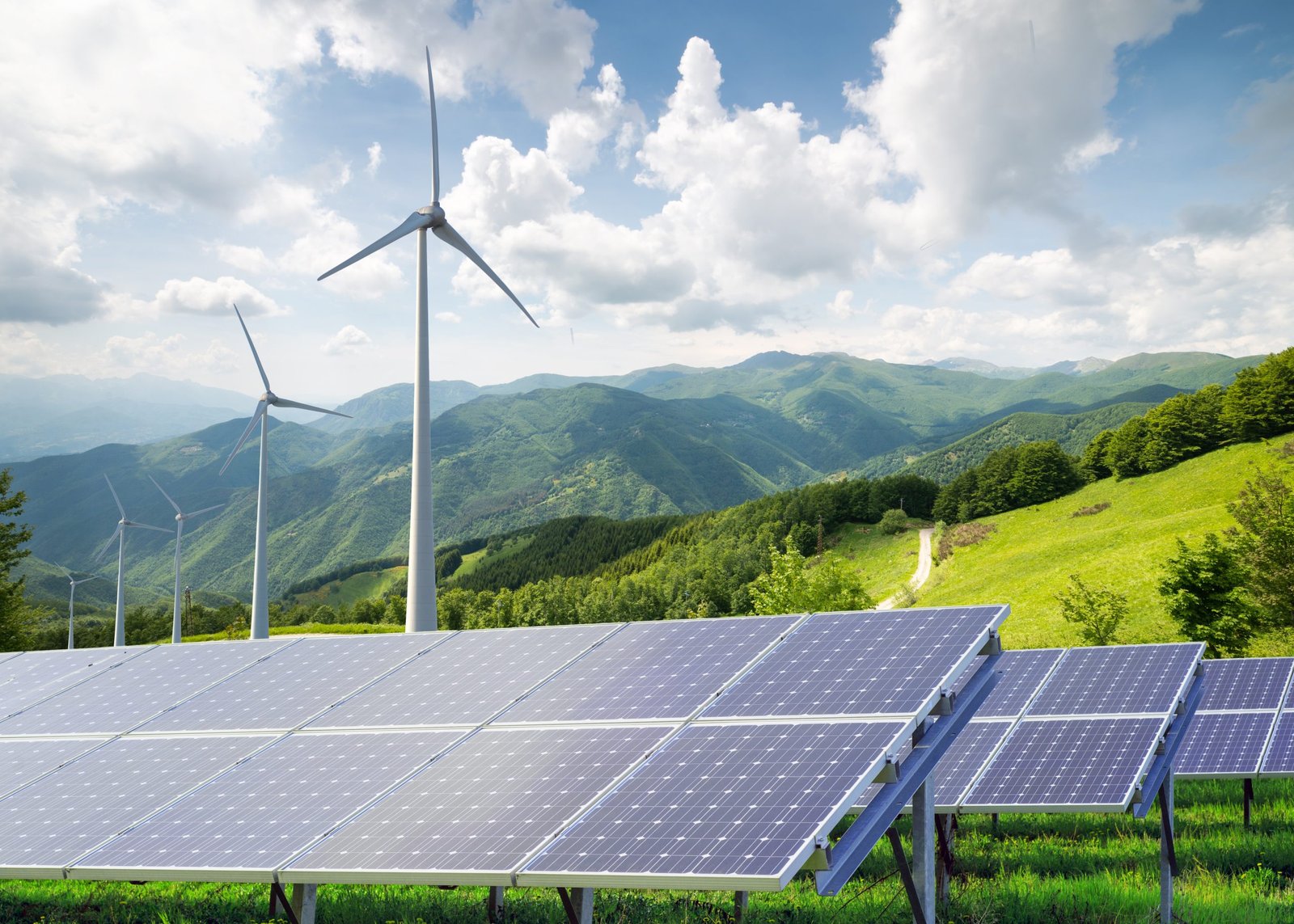Renewable energy technologies (solar, wind, hydropower, biomass, and wave/tidal energy) are almost limitless and ecologically friendly

Introduction
Energy security and availability are crucial for a nation’s viability in the contemporary world. Dependence on fossil fuels will exacerbate asset depletion, global warming, environmental concerns, geopolitical and military conflicts, and growing fuel prices. As a result, these complications imply an accidental circumstance. Alternative energy technologies are a viable option for meeting the world’s growing energy demands, notably in Pakistan.
Energy Outlook in Pakistan
Renewable energy technologies (solar, wind, hydropower, biomass, and wave/tidal energy) are almost limitless and ecologically friendly. Since 1990, the Kyoto Protocol has addressed the problem of climate change, attempting to keep CO2 emissions steady. This is critical as the world grapples with climate change and rising levels of greenhouse gases.
Pakistan is making a concerted effort to include renewable energy technology into its energy policy. The country has a land area of 881,913 km² and a population of 211.17 million. Pakistan generated 87.3 GWh of energy by 2020. The increase in installed capacity and energy production from 2019 to 2021 is shown in Figure. Following is an illustration of how a severe energy crisis has harmed all sectors of the economy, particularly the developing energy mix. To address these issues in this situation, Pakistan is constantly constructing numerous RE projects to satisfy the country’s urgent energy requirements.

It is essential to debate and suggest policies that benefit the country, handle future energy challenges, and match their goals. Therefore, this article makes critical policy recommendations.
As part of the proposed approach, Pakistan will be weaned off its dependency on imported energy. Additionally, they stress the need for governments to subsidize the private sector development partners and initiate new, viable initiatives. Further, the policy suggestions urge countries to increase their support for research and development, education, and public awareness—as well as worldwide cooperation to attract foreign direct investment into their energy industries.
Energy Policy Recommendations
In this context of RE, we decided that Pakistan has tremendous potential for renewable energy resources based on the consumption of renewable energy resources and energy output. Energy storage technologies may be incorporated into energy production to improve the dependability and sustainability of renewable energy sources. Additionally, Pakistan should expand its research and development collaboration with other industrialized countries. The following are suggestions for Pakistan’s energy policy-2030 and energy vision.
- Establish a policy to reduce energy sector losses via the use of innovative technology and solutions.
- Organize a plan to improve the country’s renewable energy infrastructure (government, business, and development partners).
- Accelerate assistance and funding for the education sector and research centers and development.
- Due to Pakistan’s dependence on fossil fuels, which are prone to political instability, trade disputes, and wars, renewable energy development becomes even more vital. As a consequence, measures and regulations should be implemented to increase dependence on renewable energy sources.
- Reducing greenhouse gas emissions requires policies that promote renewable energy efficiency.
- Establish a policy encouraging the use and manufacturing of cost-effective energy storage technologies in the nation to facilitate the development of RE projects.
- Create a policy encouraging the development of new viable renewable energy production projects, such as speed breaker-based power generation, corporate energy generation, E-Plants, biogas plants, oceanic and geothermal projects, and other small- and large-scale creative projects.
- Establish a strategy to encourage FDI (foreign direct investment) in renewable energy technologies by hosting energy conferences/workshops/seminars (RET).
- To expedite the adoption of novel renewable energy technologies, establish a research and development incubator with global collaboration, especially in the energy business.
- Establish a policy that provides financial assistance to the private sector and development partners to construct RE plants.
Conclusion
To summarise, this article recommends regulatory changes to increase the use of ocean/tidal, geothermal, and biomass energy sources. The policies aim to reduce energy sector losses, reduce greenhouse gas emissions, and reduce dependency on imported energy. So far, they have funded speed breaker-based power production, corporate energy generation, E-Plants, and marine and geothermal energy projects.
Author:
Hafiz Aqib Nazir
Bahauddin Zakariya Unversity , Multan
